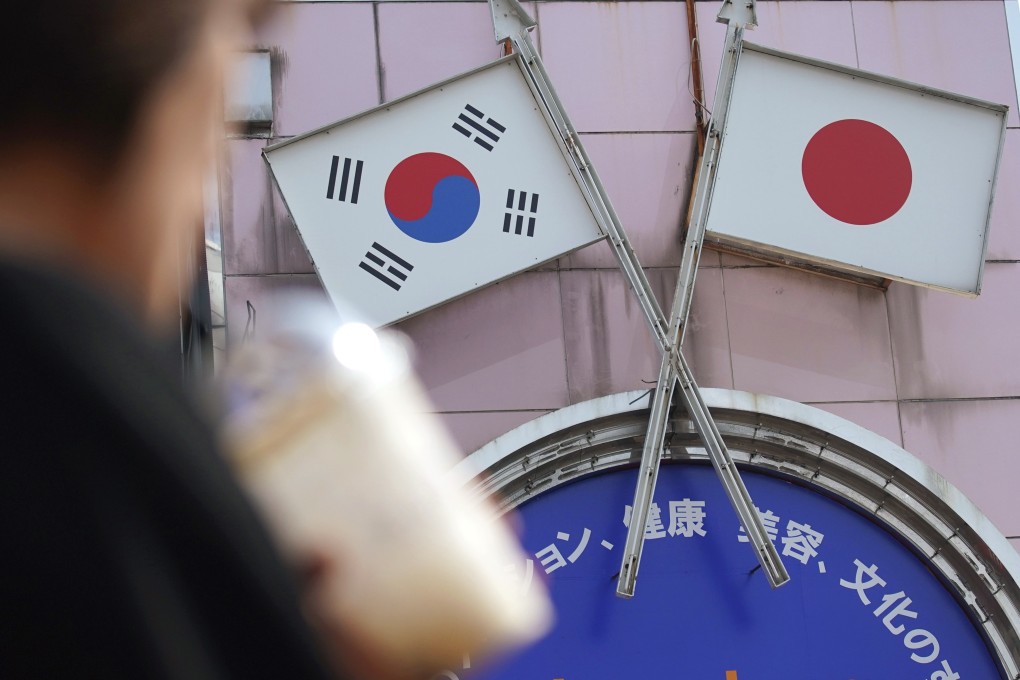South Korea terminates intelligence-sharing pact with Japan as relations hit new low
- South Korea scraps 2016 agreement that enables three-way intelligence gathering between the US and its two allies
- Japan’s foreign minister said that Tokyo ‘strongly’ protested against South Korea’s decision, calling the move ‘extremely regrettable’

South Korea said on Thursday it would scrap an intelligence-sharing pact with Japan, a decision that could further escalate a dispute over history and trade and undercut security cooperation on North Korea.
The decision was announced after an hours-long debate within the presidential National Security Council (NSC).
The General Security of Military Information Agreement (GSOMIA) was due to be automatically renewed on Saturday, unless either side decided to cancel it.
Japan created a “grave change” in the environment for bilateral security cooperation by removing South Korea’s fast-track export status, citing security concerns without providing clear evidence, said Kim You-geun, a deputy director of the National Security Council.
“Under this situation, we have determined that it would not serve our national interest to maintain an agreement we signed with the aim of exchanging military information which is sensitive to security,” Kim told a news conference.